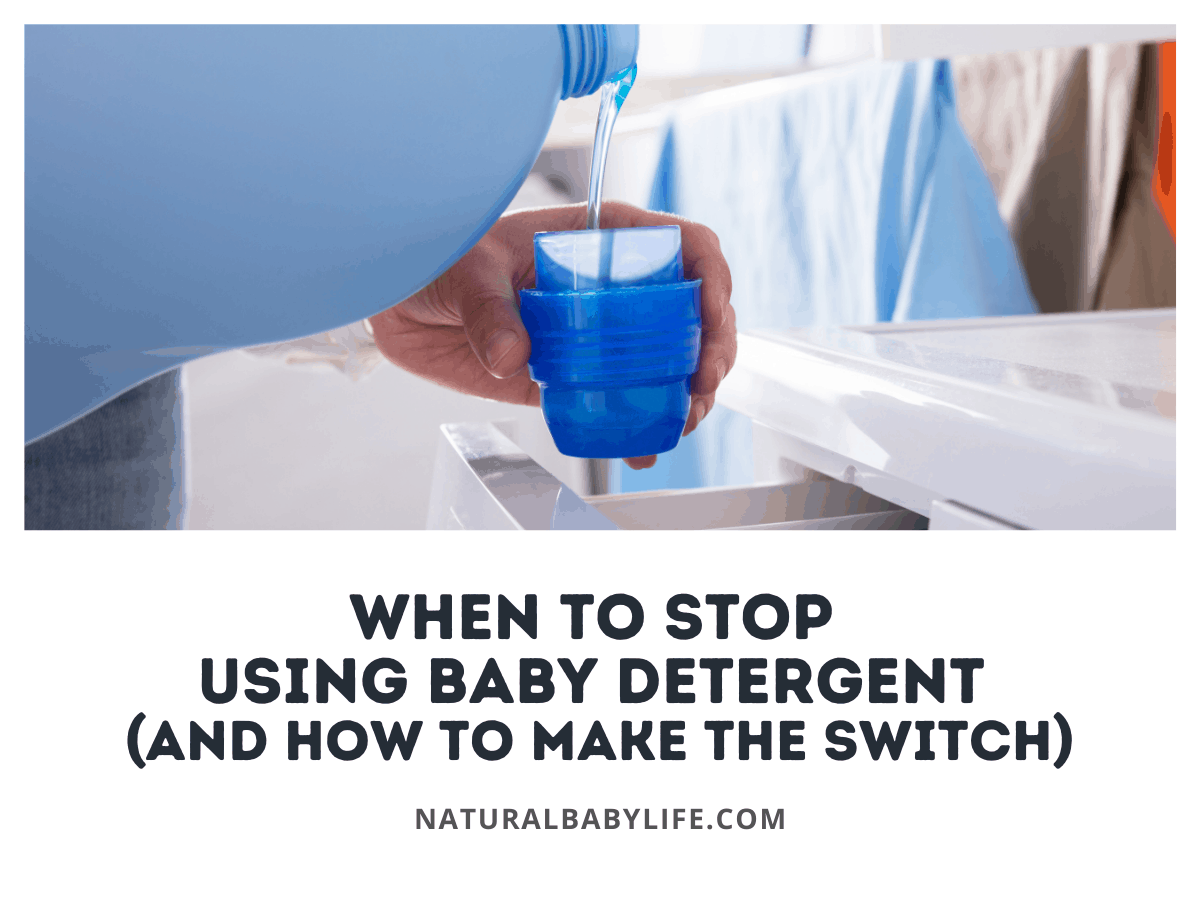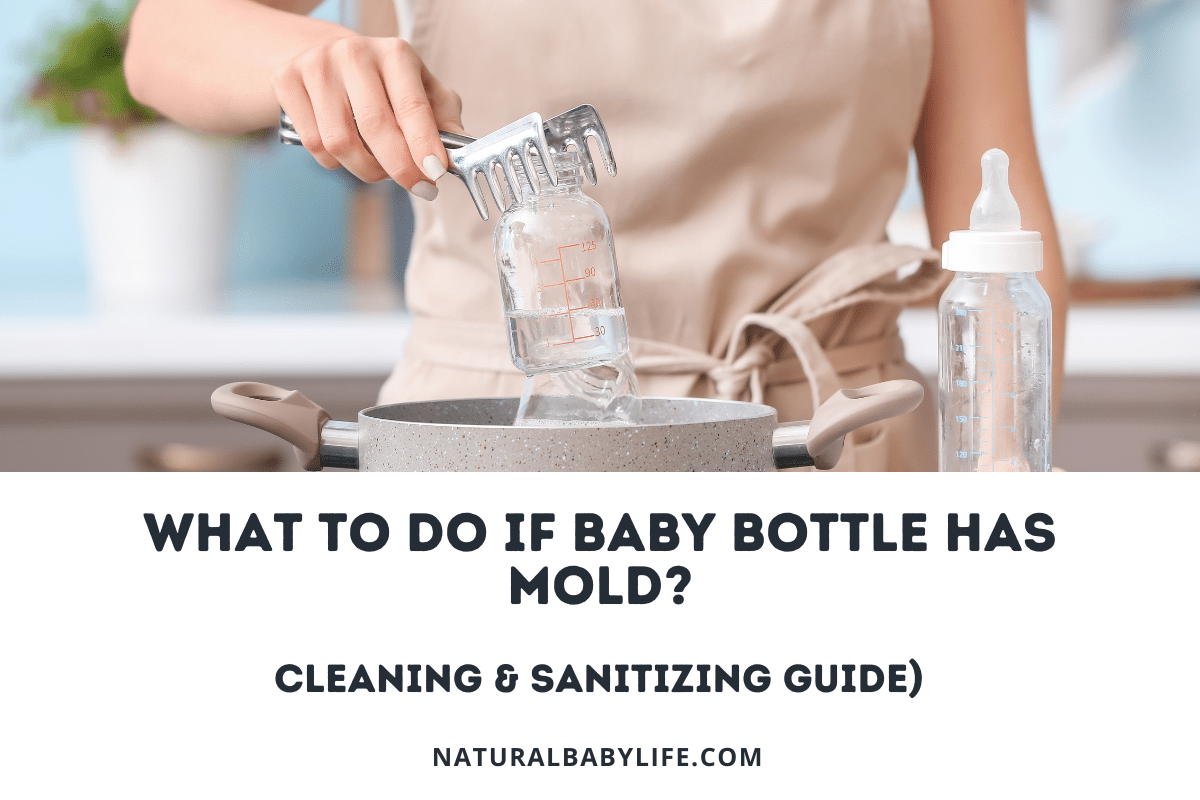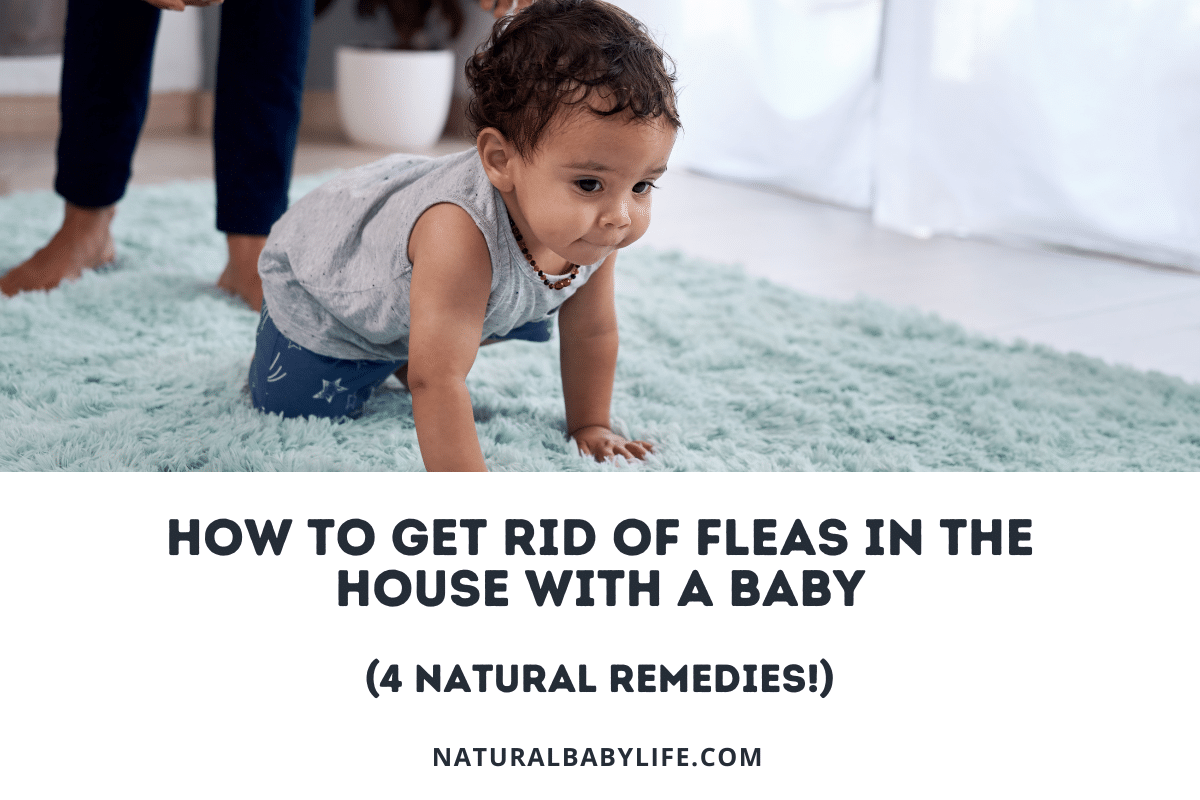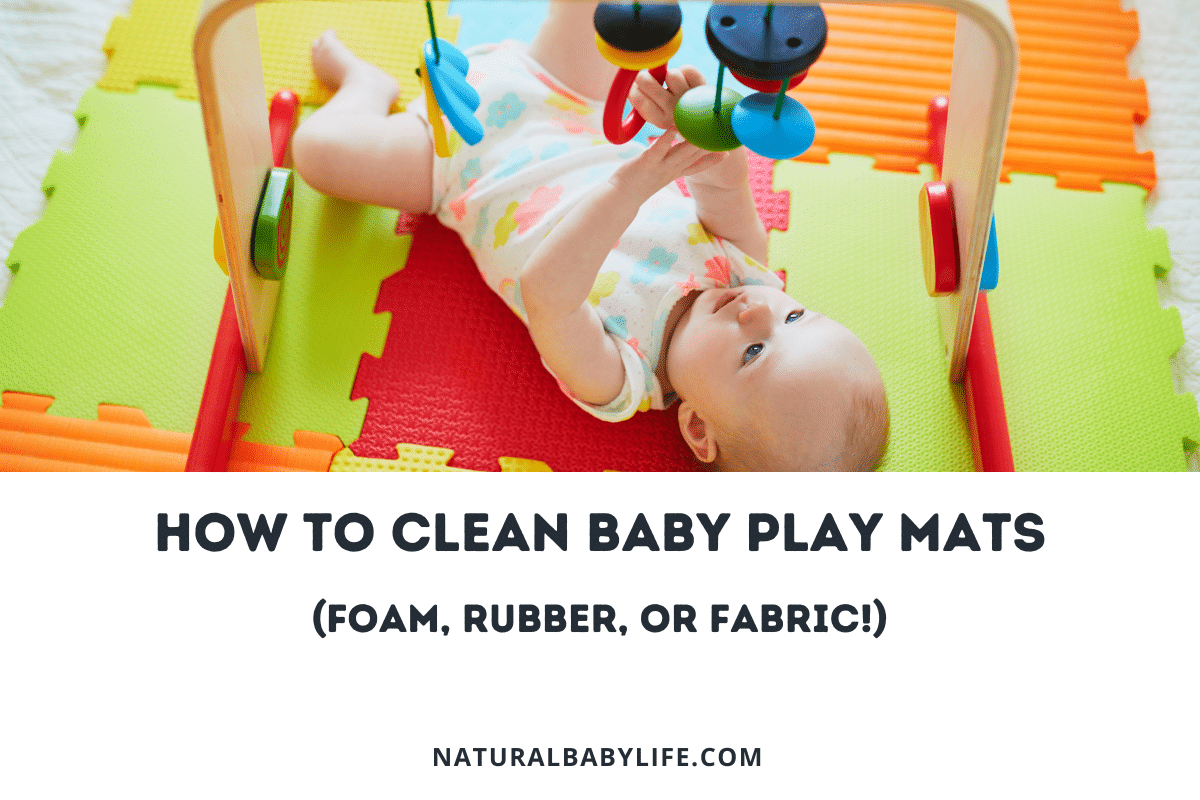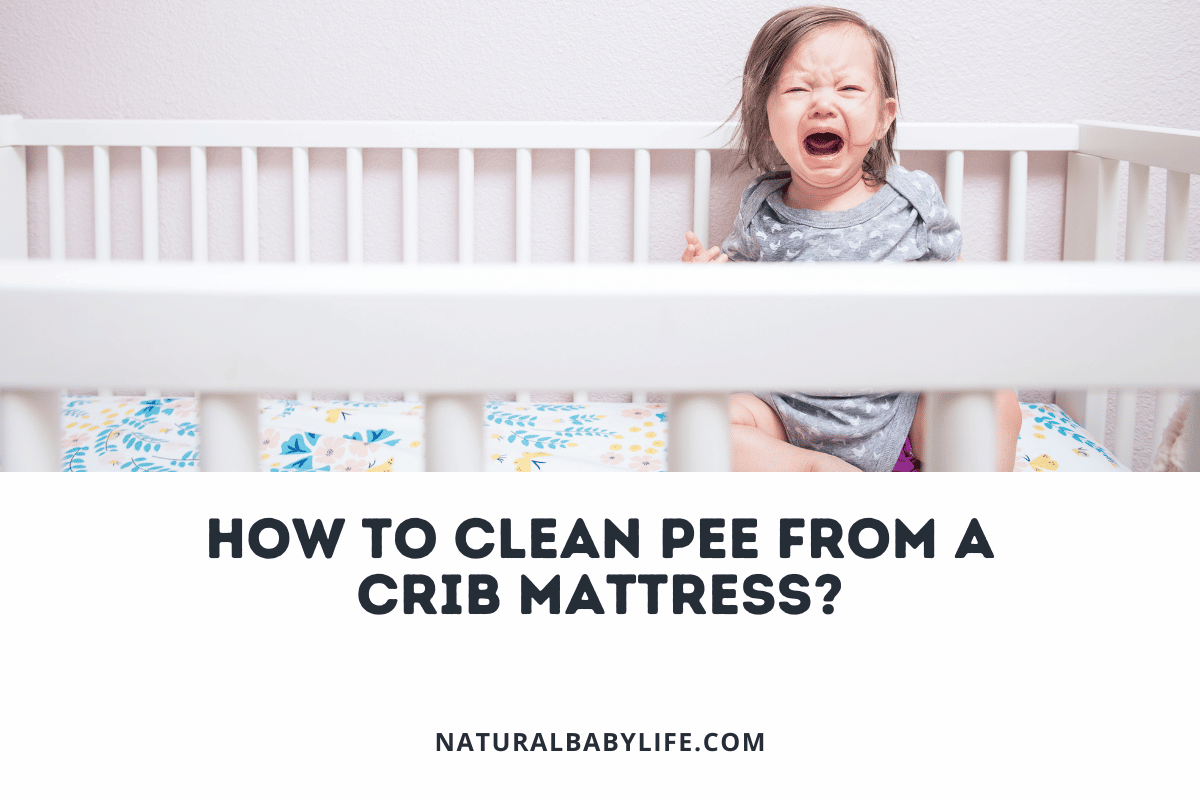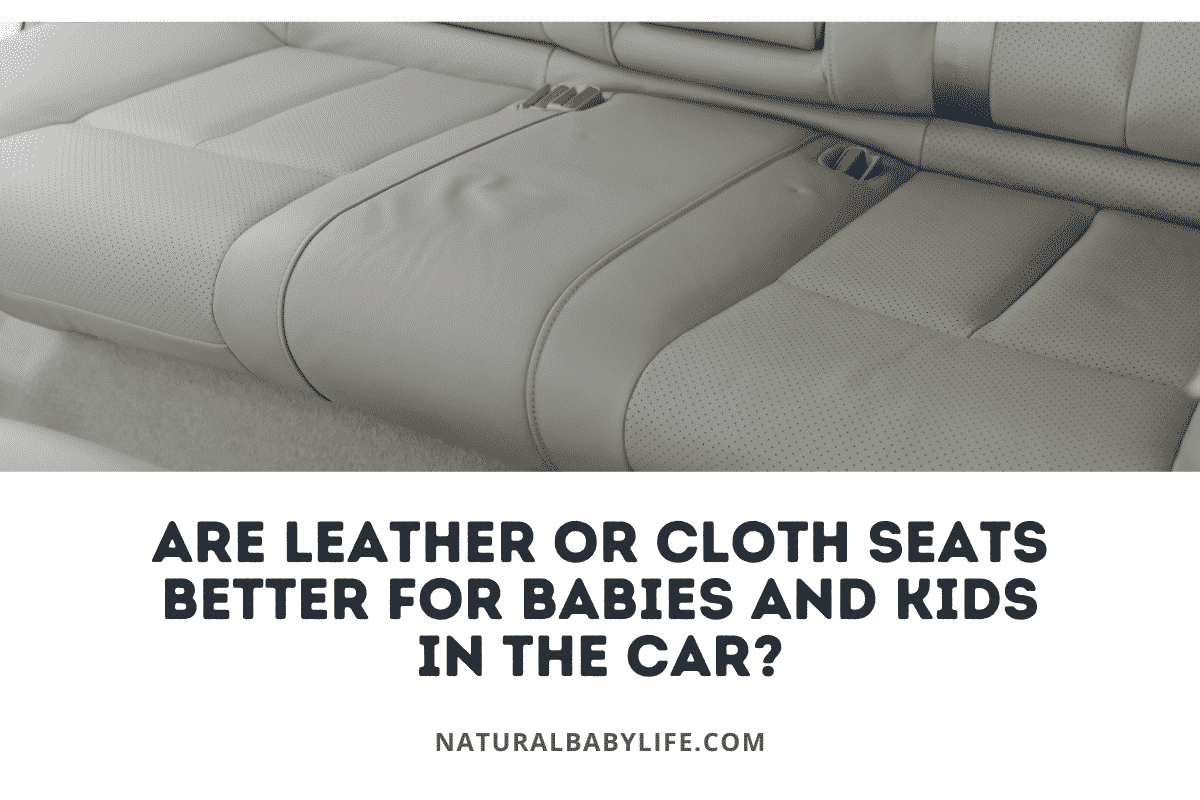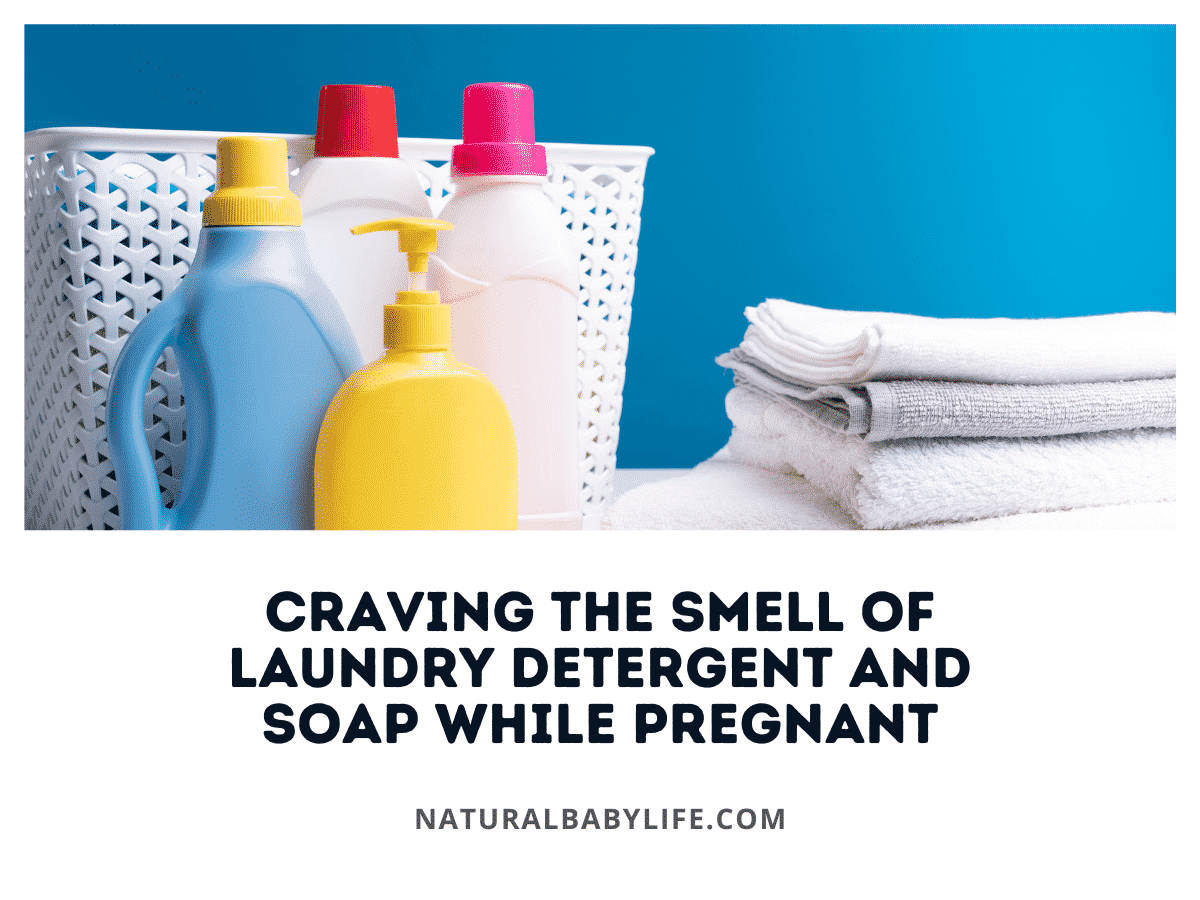Once your baby is born, it will probably feel like you are washing laundry more frequently than ever (you probably are!). With all that extra work being done, is it also necessary to do a separate load of laundry with a completely different type of detergent just for your little one’s tiny outfits?
It is safe to transition from baby detergent to regular detergent around your baby’s first birthday. Before then, baby clothes should be washed in a mild detergent that is free of dyes and fragrances to avoid potential irritation allergic reactions. When you are ready to make the switch, do so gradually and watch for any redness or rashes.
Keep reading to learn the differences between your regular detergent and your baby’s, when it’s okay to use the same one, and how to make that transition.
Table of Contents
Why do baby clothes need special detergent?
As parents, we want what’s best for our baby, and we want to keep them safe and well protected. For these reasons, many parents use baby detergent to protect their little ones from harsh chemicals, dyes, and fragrances that could potentially irritate their baby’s delicate skin or cause an allergic reaction.
Regular detergents sometimes contain chemicals, fragrances, dyes, and other additives that can be too harsh for a baby’s delicate skin.
Babies have soft, sensitive skin, and baby detergent is formulated to be milder and contain fewer chemicals and other potential irritants than regular detergent. Baby detergent is often fragrance-free (although some are lightly scented) and dye-free, and hypoallergenic, which makes it much less likely that a baby’s skin would be irritated by it.
The mild formulation of baby detergents means they are gentler on soft baby skin, which makes them especially suited for washing newborn clothes, as newborns have the most sensitive skin of all.
You can pick a baby detergent based on your baby’s needs and your preferences.
This fragrance-free, dye-free, non-allergenic Babyganics detergent is one of my favorites. It’s not only good for babies, but its naturally-derived ingredients are also good for the environment!
There are numerous brands of baby detergents. Some are even organic or biodegradable.
Is regular laundry detergent safe for babies?
Many parents prefer to use baby detergent for their little ones for extra ease of mind and to avoid potential skin reactions, although some parents decide to use regular detergent and skip using baby detergent altogether.
Some brands of regular detergent, like Seventh Generation and All Free & Clear are gentle and mild enough to use on baby clothes and bedding, as long as your baby does not have overly sensitive skin or a history of allergic reactions.
While there are many mild options available, many regular detergents are highly-scented with powerful cleansers, stain removers, fabric softeners, or bleach and may contain chemicals and additives that could be too irritating to your baby’s skin.
If your baby has sensitive skin, allergic reactions, or a skin condition like eczema, you will want to stick with baby detergent to minimize the potential for irritation. If you are not sure if a regular detergent is a good option for your baby, always consult with your pediatrician.
What to look for in a laundry detergent
If you decide to use regular detergent to wash baby clothes, there are some key things to look for in a detergent that lessen the chance of irritating a baby’s skin or causing an allergic reaction.
Regular detergent may be suitable for baby’s laundry if it is:
- Fragrance-free and dye-free – This minimizes the risk of possible skin irritation and allergic reactions. It also means your baby is exposed to fewer unnecessary chemicals.
- Liquid (not a powder or pod) – Liquid detergent is less likely to leave irritating residue on clothes, and unlike powder detergent which is abrasive, it will not potentially strip the flame retardant layer from your baby’s sleepwear and bedding.
- Does not contain harsh chemicals – Fabric softener, stain removers, or bleach may be too harsh on your baby’s delicate skin.
- Has a short list of ingredients – Less is more when it comes to detergent ingredients. Having fewer potential irritants in a detergent reduces the chances of your baby having an allergic reaction or experiencing discomfort.
When to start washing baby clothes in regular detergent
In parenting, there is seldom a hard and fast rule for anything. This also applies to transitioning from washing baby clothes in baby detergent to using regular detergent.
While every baby is different, most babies can safely transition from baby detergent to regular detergent around the time they turn one, if not sooner, as long as they don’t have overly sensitive skin, are not prone to allergic reactions, and they don’t have a skin condition such as eczema.
There is no exact timeline and it is a personal choice for every parent. Many parents decide to make the switch around a baby’s first birthday, but every baby is unique, and you should only begin the transition to regular detergent when you feel ready, it’s the right time for your baby, and your baby has shown that they are not prone to allergic reactions or skin irritation.
Often, parents choose to transition to regular detergent in large part due to cost (baby detergent is usually more expensive than regular detergent), and the amount of time, water, and energy saved by washing everyone’s clothes together.
If your baby has shown no signs of having sensitive skin or allergic reactions and you want to switch to baby detergent sooner rather than later (remember, it’s okay to switch before the one-year mark!), try washing one item of the baby’s clothes with regular detergent and see how your baby does when they wear it.
Likewise, if your baby has sensitive skin, allergic reactions, or skin issues like eczema, you may want to continue using baby detergent beyond your baby’s first birthday. You know what’s best for your baby!
If you aren’t sure if you should make the switch, you can always ask your pediatrician.
Accidentally washed baby clothes in regular detergent
I accidentally washed baby clothes with regular detergent, what should I do? Rest assured that this is likely fine!
If your baby does not have sensitive skin, consider this a good opportunity to test how they will do with clothes washed in regular detergent.
Dress the baby in one piece of clothing washed in regular detergent and monitor them for any skin irritation or allergic reactions in the moment, and over the next few days (sometimes reactions occur a few days after exposure). Watch for any signs of discomfort such as excessive crying or fussiness.
If you are not comfortable with dressing your baby in an item of clothing you washed in regular detergent, or if your baby has sensitive skin, you can always re-wash the clothes in baby detergent and use an extra rinse cycle just to be safe.
How to transition to a regular laundry detergent
Deciding when and how to transition from baby detergent to regular detergent is a personal choice for parents. You know your baby and their needs best. If you are considering transitioning from baby detergent to regular detergent and you feel uncertain, you can always consult with your pediatrician.
Now that you know more about the differences between baby detergent and regular detergent, you may be thinking your little one is ready to transition to using regular detergent. What is the best way to make this transition?
When you and your baby are ready to transition to regular detergent, follow these steps:
- Do a spot test. Wash one item of your baby’s clothes in regular detergent
- Watch for any rash or irritation. See how your baby’s skin reacts (monitor their skin for a few days, as an allergic reaction may take a little while to develop after exposure).
- Wash all of your baby’s clothes in regular detergent. Continue to monitor the baby for any skin irritation or allergic reactions. You may want to use a “clear and free” detergent to lessen the risk of irritation from fragrances and dyes.
- Avoid chemicals in the dryer as well. Just like you want to avoid harsh chemicals and additives in laundry detergent, you will also want to avoid highly-fragranced dryer sheets that contain lots of chemicals and additives. Seventh Generation makes “free and clear” dryer sheets that have worked well for our family. Another eco-friendly, money-saving alternative is wool dryer balls.
If your baby develops a rash or other skin irritation, promptly consult your pediatrician and switch back to using baby detergent. You can always try regular detergent again when your pediatrician advises it is safe to do so. Next time, try a different brand of detergent, as your baby may have reacted to something in the particular brand or formulation that you tried.
Washing cloth diapers in regular detergent
Be sure to stick with baby detergent when washing cloth diapers.
The chemicals found in regular detergent can leave a residue in the fabric of the diapers and cause diaper rash or other skin irritation, and every parent knows diaper rash is miserable for both your baby and yourself!
It’s also important to know that regular detergent will not remove poop stains!

